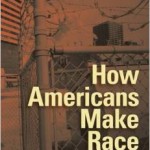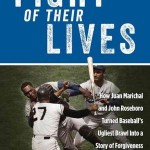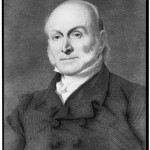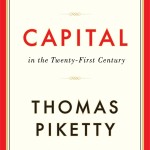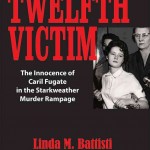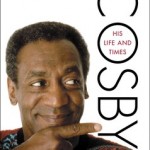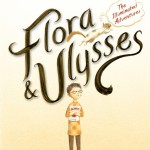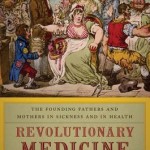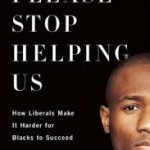
Do The Right Thing
“Most blacks, without question, would rather be successful capitalists, however “exploitative” of land and labor, than wards in an egalitarian socialist state because, in the end, even members of a persecuted group, the dream is to have power, not justice. Or put another way, the acquisition of power becomes its own form of justice. The problem with Riley’s book is not its conservative message, but that the message is not sufficiently framed to appeal to black folk’s sense of racial destiny and pride. In short, it is insufficiently chauvinistic, less chauvinistic than the title promises.”
